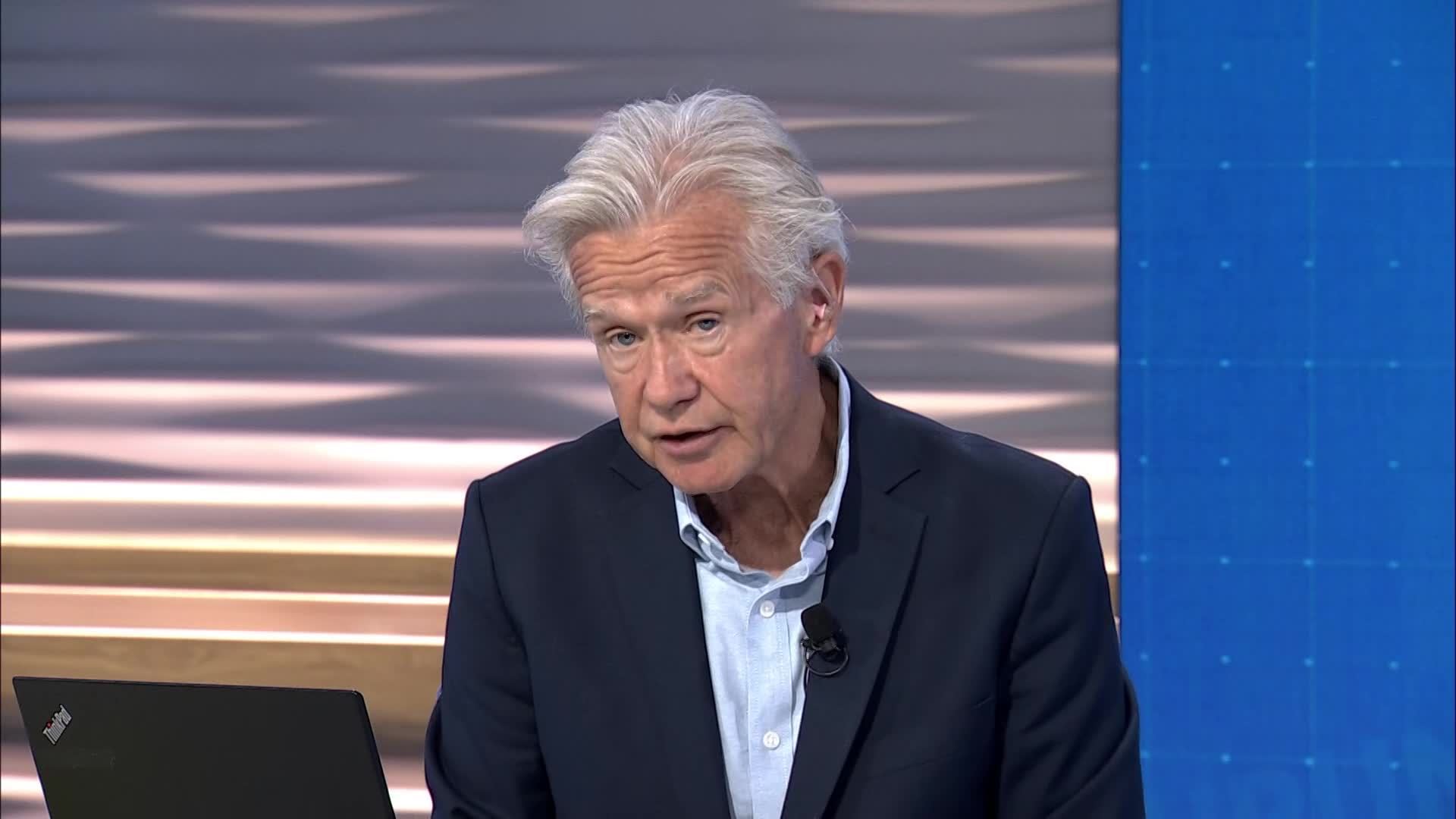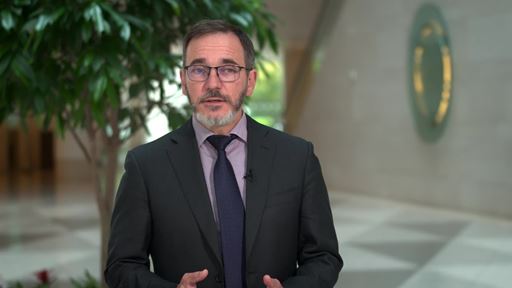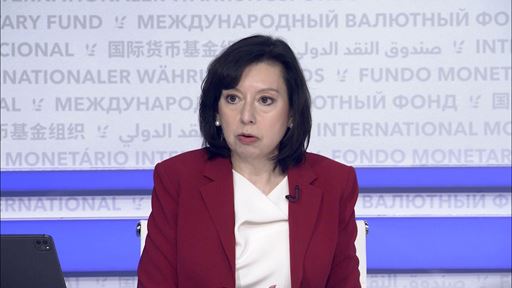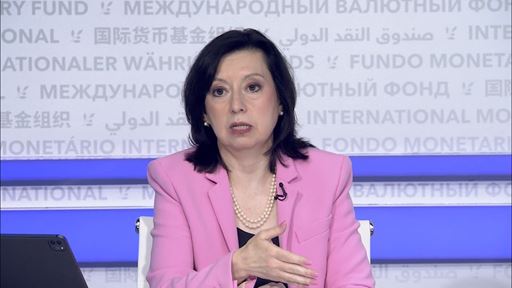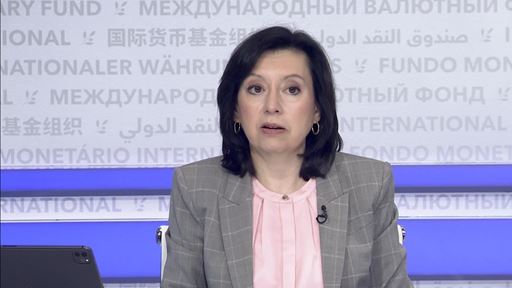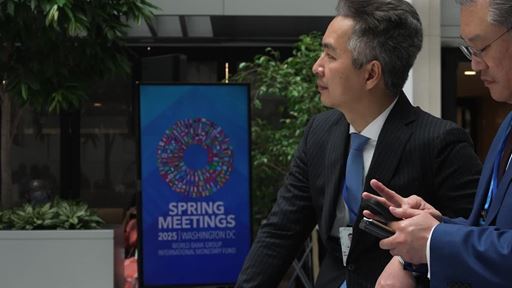Inflation pressures have increased in most economies, but as supply-demand imbalances ease there should be a cooling of inflationary pressure next year, IMF spokesman Gerry Rice said Thursday, (Nov. 18) in a press briefing in Washington, DC.
Some of this was anticipated, but in some parts, there are signs that inflation has become more broad-based and supply-demand mismatches have persisted longer than expected, said Rice, head of IMF’s Communications Department.
“Looking ahead, we expect that supply demand imbalances will wane next year, and this will help ease inflation pressures. It's also important to note that inflation expectations generally remain anchored in most economies. But if supply disruptions continue or inflation expectations become de-anchored, inflation may become more sticky. So, with this in mind, central banks should stay vigilant to inflationary pressures. As we have seen in some economies around the world, clear signaling and a preemptive stance may be needed where upside risks to inflation materialize. Clearly at the fund, we're paying close attention thinking through various scenarios on monetary and fiscal policy in advanced economies and possible spillover impacts on emerging and developing economies,” said Rice.
Rice was asked about media reports that the Indian government may move to bar use of crypto assets for transactions, but regulate them more like holdings. He emphasized that the IMF’s position is that crypto assets present risks to different aspects of the financial system, including its operational stability, financial integrity, investor protection, and environmental aspects as well.
Thus far, the IMF hasn’t found financial stability risks to be systemic at the global level, but risks are building up and should be closely monitored.
“Policymakers should monitor this rapidly evolving crypto landscape by developing data standards and reinforcing reporting requirements. So again, we've said all this in terms of a general stance on this issue. National regulators should prioritize the implementation of these global standards, and by that, I'm referring to standards that have been set by the Financial Action Task Force and the Financial Stability Board, and where standards have not yet been developed, regulators must rely on and complement existing tools to control risks, especially in wallets and exchanges and financial institutions exposures. National regulators should also enhance cross-border coordination of supervision and enforcement actions given the cross-border dimension of crypto assets. International coordination is key to prevent and minimize potential leakages of domestic policies and cross-border regulatory arbitrage,” said Rice.
On Argentina, Rice stressed that the IMF is actively engaged with the authorities and the engagement remains strong and frequent.
There are currently no updates on the timing of meetings or on the new program, but the IMF will continue to work toward reaching full understandings on a comprehensive plan to help Argentina and the Argentine people.
“On the status of the program discussions and discussions in general between the IMF staff and the Argentine authorities, I would characterize it as we continue to work towards reaching full understandings on a comprehensive plan that can durably address Argentina's most pressing economic and social challenges and that would aim to strengthen economic stability by tackling high inflation, which disproportionately affects the most vulnerable. We have said just recently the last few days that it's important that this plan would have broad political and societal support, and our goal remains, as I've said here before, to help Argentina and the Argentine people set the basis for more sustainable and inclusive growth,” said Rice.
To watch the full press briefing, click here.

